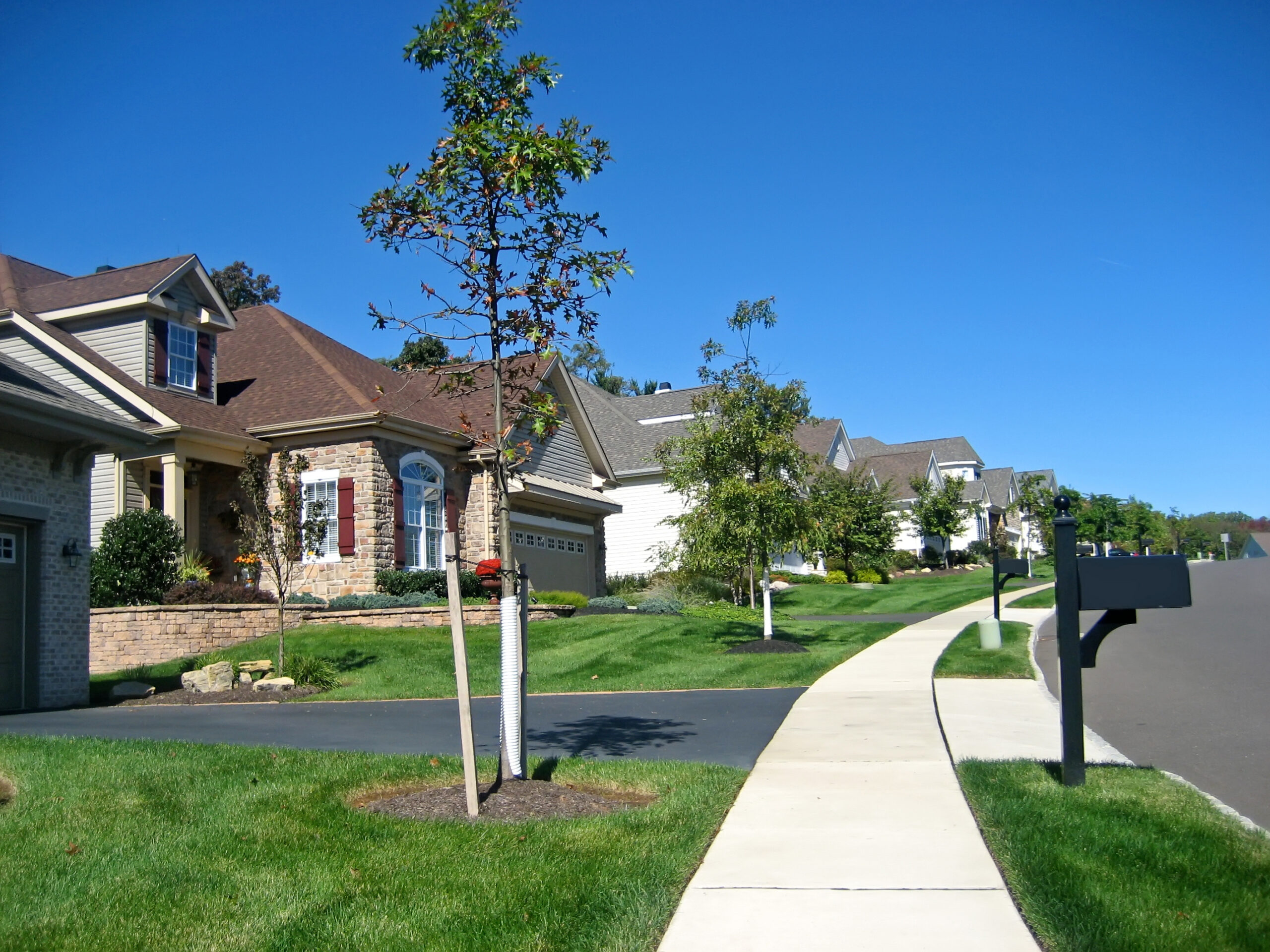HOA Maintenance Duties and Homeowner Property Damage: Legal Recourses and Remedies
Posted July 15, 2024 in Contracts, HOA Disputes, Litigation, Real Estate, Uncategorized
 Homeowners’ associations (HOAs) have a fundamental duty to maintain common areas and community facilities. However, when an HOA fails to fulfill these responsibilities, it can lead to significant property damage for homeowners. This blog will delve into the specifics of HOA maintenance duties, what happens when an HOA’s neglect causes damage to homeowner property, and the legal recourse available.
Homeowners’ associations (HOAs) have a fundamental duty to maintain common areas and community facilities. However, when an HOA fails to fulfill these responsibilities, it can lead to significant property damage for homeowners. This blog will delve into the specifics of HOA maintenance duties, what happens when an HOA’s neglect causes damage to homeowner property, and the legal recourse available.
HOA Maintenance Duties
HOAs are tasked with maintaining various aspects of the community to ensure it remains safe, aesthetically pleasing, and functional. These duties are typically outlined in the HOA’s governing documents, including the Declaration of Covenants, Conditions, and Restrictions (CC&Rs), bylaws, and rules and regulations. Common maintenance responsibilities include:
- Landscaping and Groundskeeping: Regular maintenance of lawns, trees, shrubs, and other landscaping elements in common areas.
- Common Facilities: Upkeep of pools, clubhouses, fitness centers, and other shared amenities.
- Infrastructure: Maintenance of roads, sidewalks, parking lots, and drainage systems within the community.
- Exterior Maintenance: Care and repair of the exteriors of buildings and structures that are part of the common areas, including painting, roofing, and siding.
- Utilities: Management of shared utilities such as water, sewer, and electricity in common areas.
Consequences of HOA Failure to Maintain
When an HOA fails to perform its maintenance duties, the resulting neglect can lead to various forms of property damage for homeowners. Common examples include:
- Water Damage & Mold: Poor maintenance of landscaping, drainage systems, siding materials, roofs, or irrigation systems can result in water intrusion and significant damage to homes.
- Structural Damage: Neglecting the upkeep of retaining walls, sidewalks, or building exteriors can compromise the structural integrity of nearby properties.
- Pest Infestations: Failure to maintain landscaping and common areas can lead to pest infestations that spread to homeowner properties.
- Decreased Property Values: Poor maintenance of common areas can lower the overall aesthetic appeal of the community, negatively impacting property values.
Legal Recourses for Homeowners
When HOA neglect leads to property damage, homeowners have several legal options to seek compensation and enforce the HOA’s maintenance obligations:
- Internal Dispute Resolution: Homeowners should first attempt to resolve the issue through the HOA’s internal dispute resolution procedures, which may involve filing a complaint with the HOA board. It is critical that you review the governing documents and understand the dispute resolution requirements prior to initiating. Failure to complete the dispute resolution by the rules can lead to failure of your claim.
- Mediation or Arbitration: Some HOA agreements require disputes to be resolved through mediation or arbitration before pursuing legal action.
- Legal Action: If internal efforts fail, homeowners may file a lawsuit against the HOA. Potential legal claims include:
- Breach of Contract: HOAs are bound by their governing documents. A failure to maintain common areas as stipulated can constitute a breach of contract.
- Negligence: Homeowners can claim that the HOA’s neglect directly caused damage to their property.
- Breach of Fiduciary Duty: HOA boards have a fiduciary duty to act in the best interests of the community. Certain actions or inactions could give rise to this claim.
Steps for Homeowners
If you believe your HOA’s failure to maintain common areas has caused damage to your property, consider the following steps:
- Document the Damage: Take photographs and keep records of the damage and any communications with the HOA. Make a timeline. Organize your files.
- Review Governing Documents: Understand the specific maintenance duties outlined in the HOA’s CC&Rs and bylaws.
- Communicate with the HOA: File a formal complaint with the HOA board and seek internal dispute resolution. Pay close attention to the dispute resolution rules and timelines prior to deciding whether to move forward without legal counsel.
- Consult Legal Counsel: If the HOA does not address the issue, consult with an attorney experienced in HOA and property law to explore legal options.
Conclusion
HOA maintenance failures can lead to significant property damage and financial loss for homeowners. Understanding the legal framework governing HOA duties and the recourse available can help homeowners protect their rights and seek compensation. By documenting the damage, pursuing internal resolution, and, if necessary, taking legal action, homeowners can hold their HOAs accountable and ensure their properties are adequately maintained.
CONTACT AN HOA ATTORNEY IN COLORADO TODAY
For further information, reach out to Volpe Law today to contact us. We can be contacted through our online form, or you call us directly at 720-770-3457. Our team of dedicated attorneys are here to listen and identify the best legal options for you.
FEES
A $5,000 retainer is required for all pre-litigation dispute cases, while active litigation matters have a minimum retainer of $10,000. As of 1/1/2025, attorney rates vary between $275 – $400/hour. These hourly rates are paid by the retainer account. Fees and retainers for contract reviews and smaller projects vary, with some cases best suited for a 1-2 hour paid complimentary discovery call at $350 per hour or $700 for two hours. All retainers are evergreen and refundable. Please call to inquire for further details.
DISCLAIMER
The information contained on this website is provided for informational purposes only. It is not legal advice and should not be construed as providing legal advice on any subject matter. Laws frequently change and therefore this content is not necessarily up to date, nor comprehensive. Contact us or another attorney with any legal questions specific to your matter. You may contact us by completing our complimentary discovery call.
